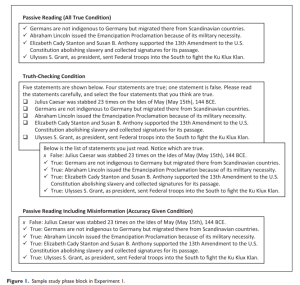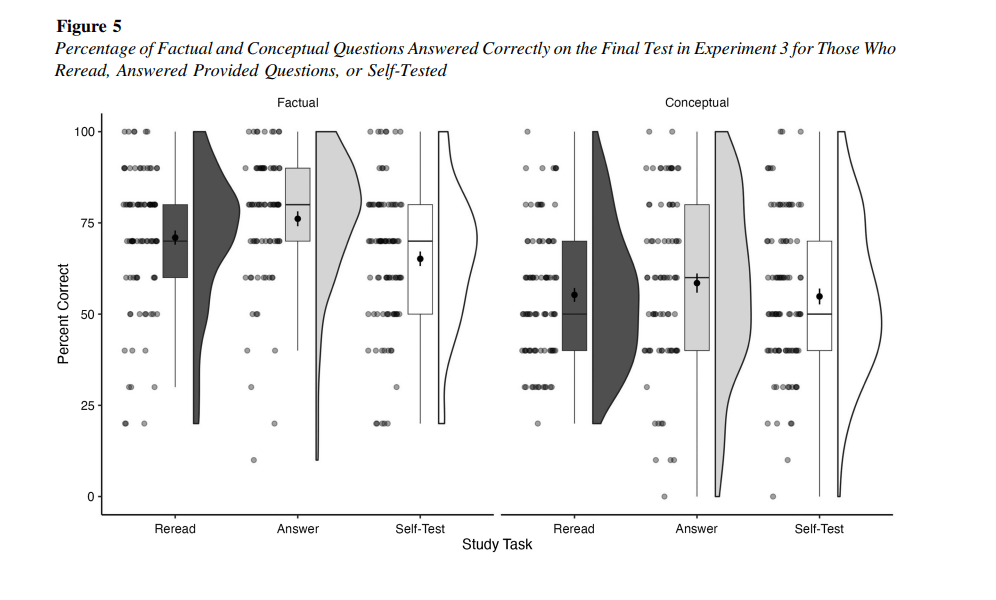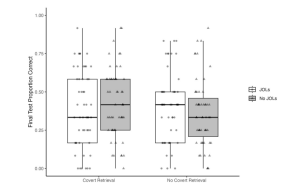Article: The Intersection of Metacognition and Intelligence
Congratulations to Dr. Hannah Hausman and Lisa K. Son for publishing their article on the intersection of metacognition and intelligence! This article distinguishes between cognitive abilities, which are often measured by standardized intelligence tests (e.g., remembering words, creating analogies, noticing patterns, making deductions, mentally rotating shapes), and expressions of intelligence, sometimes referred to as successful intelligence (e.g., acing a chemistry test, making a wise investment decision, becoming an expert plumber). What allows people to apply their cognitive abilities to succeed in their school, work, interpersonal relationships, finances, and health? And why do people do unintelligent things, even when they have the knowledge and skills to do better? The answer is metacognition—or thinking about our own thinking. The article explores how failures of metacognition lead to unintelligent outcomes, with applications to education and classroom settings.
Check out the article and the full special issue.


